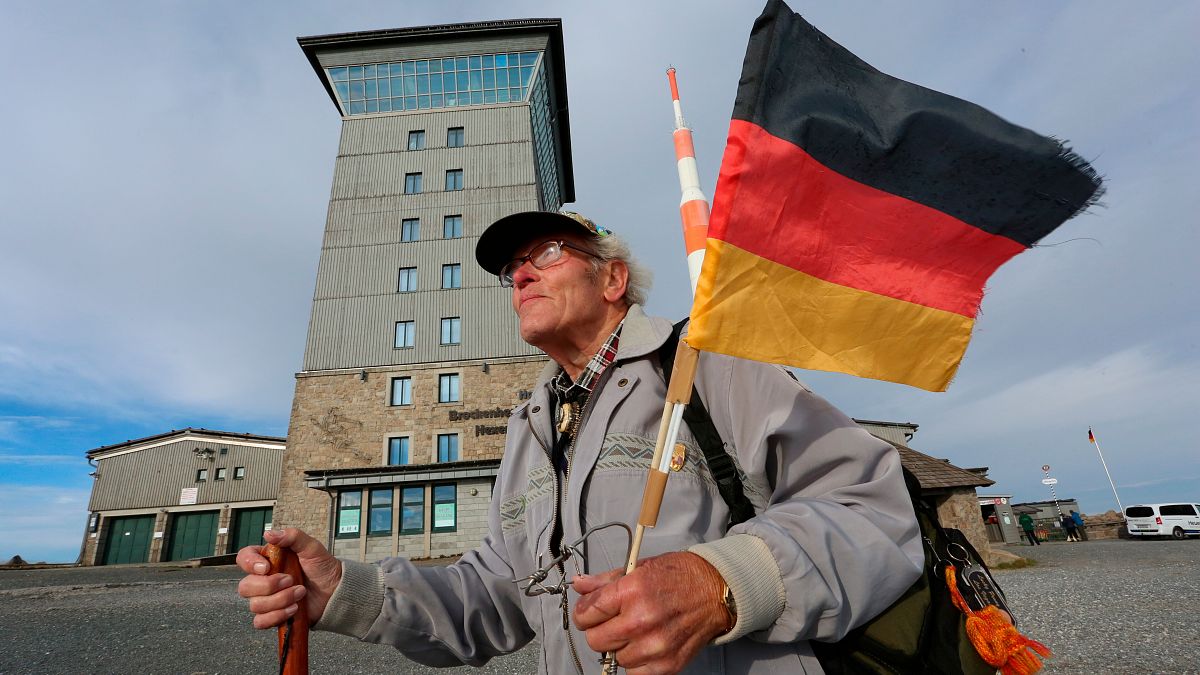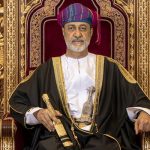Germany recently celebrated 34 years of national unification, with Chancellor Olaf Scholz choosing the picturesque city of Schwerin as the location for the national anniversary ceremony. During his speech at the Mecklenburg State Theatre, Scholz emphasized the need for unity between Germany’s formerly divided west and east, highlighting the equalization of life satisfaction among Germans from both regions. While the anniversary celebrations marked the end of the political binaries between the Federal Republic and the German Democratic Republic, Scholz also warned against forgetting the challenges faced by many east Germans during the reunification process.
The choice of Schwerin as the location for the commemoration event also highlighted the growing political divisions within the country, particularly in the eastern states. The presence of the populist, Eurosceptic Alternative for Germany (AfD) in Mecklenburg-Vorpommern, where the AfD won 14 seats in the recent parliamentary elections, poses a challenge to the ruling Social Democrats (SPD) led by Scholz. The increasing support for the far-right party reflects a broader rightward shift in Germany and across Europe, with a rising public appetite for anti-immigrant and nationalist agendas.
The AfD’s success in the eastern states of Saxony, Thuringia, and Brandenburg, as well as its gains at the federal level, suggest a growing divide between left and right-wing ideologies in German politics. The emergence of Sahra Wagenknecht’s left conservative BSW party as a significant player in the eastern states further complicates the political landscape. Despite their ideological differences, both the AfD and BSW share commonalities in their positions on issues such as military support to Ukraine and migration.
As Chancellor Scholz prepares for the 2025 federal election and his bid for re-election, the future of the ruling traffic-light coalition, comprised of the SPD, the Greens, and the Freedom Democratic Party, remains uncertain. The growing support for politically polarized parties like the AfD and BSW raises questions about the survival of traditional ruling major parties in Germany, especially in the eastern regions where sentiment towards far-right and far-left ideologies is gaining traction. The upcoming election will be crucial in determining the political direction of the country amid increasing divisions and challenges to national unity.











